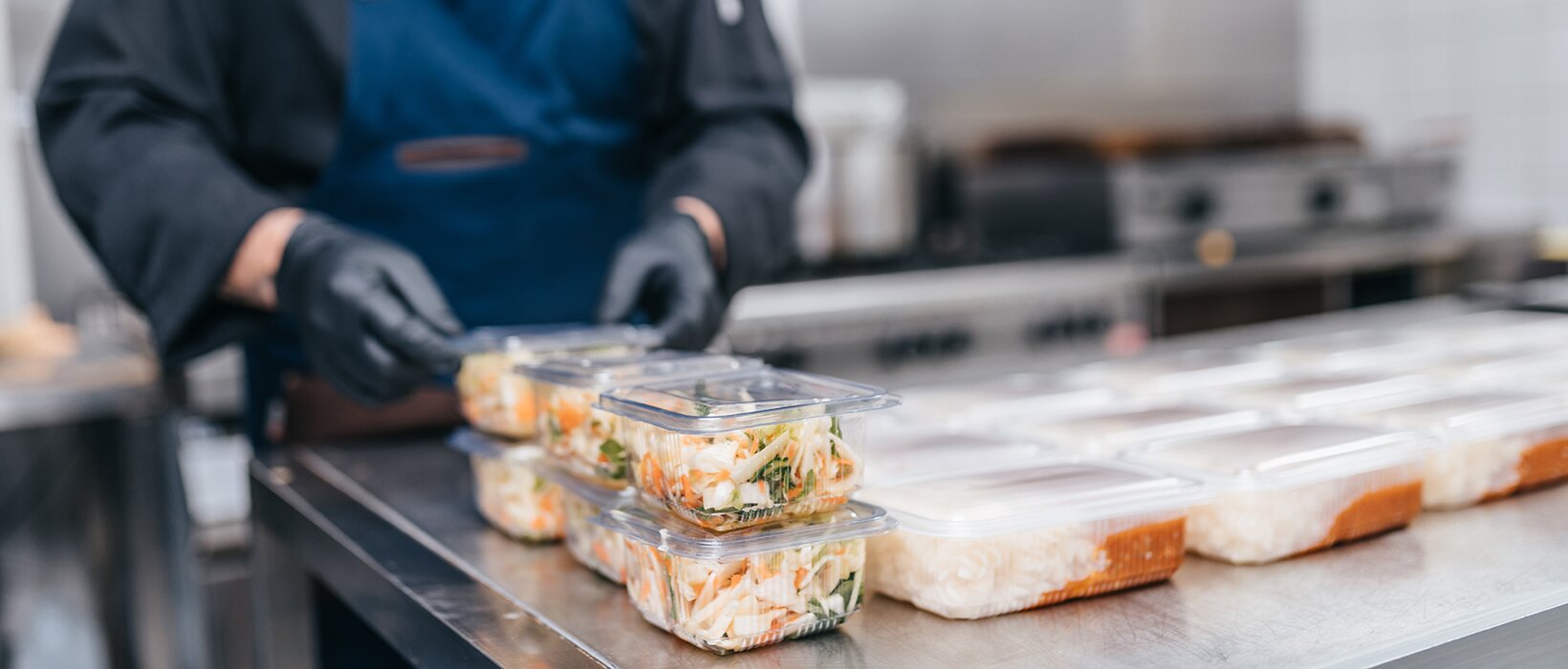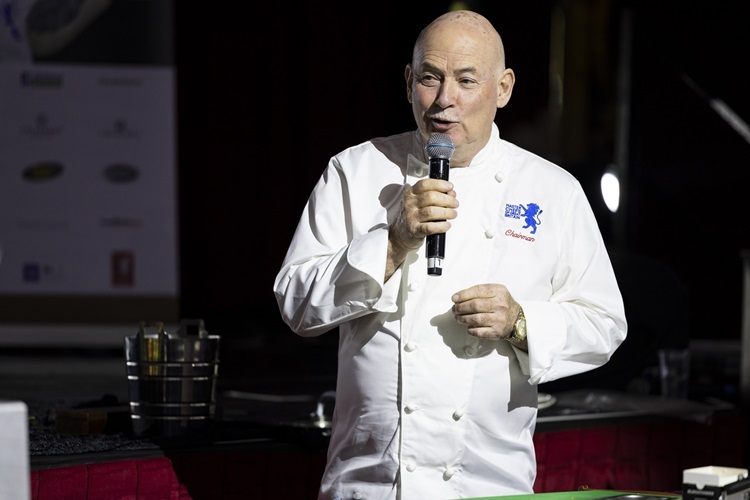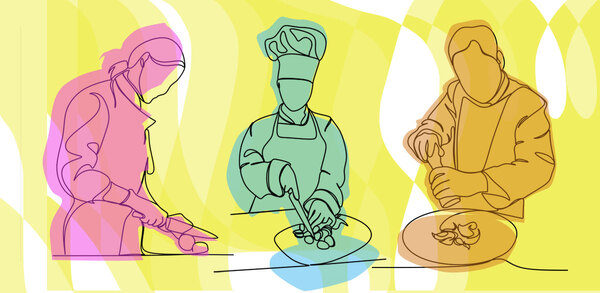How to prepare for the plastic tax
A tax on plastic packaging is set to be introduced in April 2022. Laura Taylor explains how to make sure your business is ready for it
Although the global pandemic created many new opportunities in food production and supply, the surge in takeaway options, grab-and-go services and letterbox deliveries has resulted in an increase in demand for plastic food packaging.
Approximately 1.1 billion single-use plates and 4.25 billion items of cutlery, mostly plastic, are used annually, but just 10% are recycled upon disposal, according to the government. Consumers are looking to manufacturers and retailers to lead the way in reducing single-use plastic and the government has started to take actions that will encourage a reduction in use.
The introduction of the Plastic Packaging Tax in April 2022 is intended to encourage businesses and manufacturers to source environmentally friendly alternatives to single-use plastics in packaging, all with the aim of reducing waste and encouraging recycling.
The tax will see £200 per metric tonne being applied to plastic packaging, both manufactured in and imported into the UK, that contains less than 30% recycled plastic.
Additionally, with a ban on single-use plastic stirrers and straws already in place, a new 12-week public consultation has begun, which will include the review of single-use plastic cutlery, plates and cups. This could lead to these items being completely banned in
England. Scotland has already announced such a ban, effective from June 2022. It is essential that those in catering and hospitality are active in finding an effective solution to reduce their plastic wastage.
Ahead of the new tax, many manufacturers and retailers are trialling new product development and moving towards packaging that can be more effectively recycled.
For example, Real Wrap Company uses sandwich and wrap boxes that are all plastic free. Replacing the usual plastic film with cellulose sourced from trees means that the whole box is easily recycled and can be put in the mixed or card recycling points. Following suit, retailer Aldi is also introducing a trial of fully recyclable sandwich packaging.
Packaging is defined as plastic if it contains more plastic by weight than any other material. PET (polyethylene terephthalate), a common material for drinks bottles and food packaging, falls within scope of the plastic tax. A suitable replacement might be RPET (recycled polyethylene tetraphyte), which would meet the plastic content threshold. Bagasse is another option; made from pulped plant mass it is compostable and can be recycled through paper waste streams.
Actions to reduce plastic usage whilst ensuring that food packaging still meets the standards required comes with numerous challenges. As the British Meat Processors Association explains, plastic is used in packaging as it is light, durable and has “superior barrier qualities”, which have “improved food safety, extended shelf life and reduced food waste significantly over recent decades.” This is particularly true of plastic packaging used for meat which is a “high-moisture, perishable product”.
Concerns have been raised that the pressure to increase the recycled content in packaging to more than 30% could result in alternative materials being used that reduce food shelf life and consequently cause higher food wastage.
Although it is relatively easy to add recycled components to rigid plastics such as trays, it is more difficult to add it to flexibles and films. As a food contact material, packaging is highly regulated, and any new developments need approval – a process that takes time.
With the plastic tax on the horizon, and the health of our planet at the forefront of everyone’s minds, alternative solutions need to be found that will also meet the threshold of 30% recycled plastic. However, while flexible films also fall within scope of the tax, those that are in direct contact with food are more difficult to substitute as recycled content is not permitted for food-grade films and bags.
To-do checklist
- Assess what plastics you use and how.
- Look at your full cycle, from manufacturing to disposal, for single-use products to see how they could be improved.
- Consider trialling sustainable packaging solutions to replace plastics.
- Find options that do not impact the standard of the packaging as a food contact material.
Laura Taylor is a buyer at food procurement company allmanhall
Photo: hedgehog94/Shutterstock



















